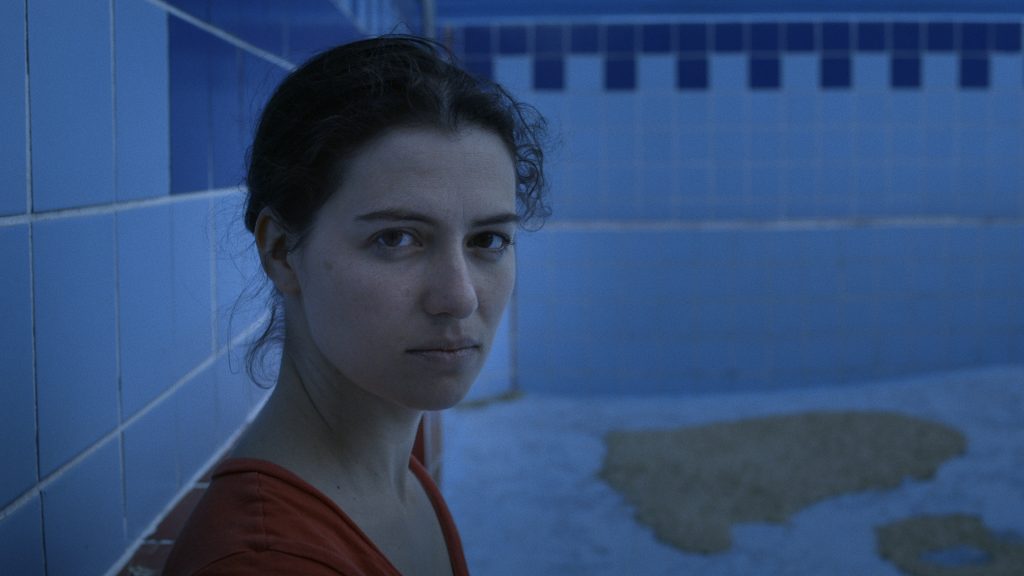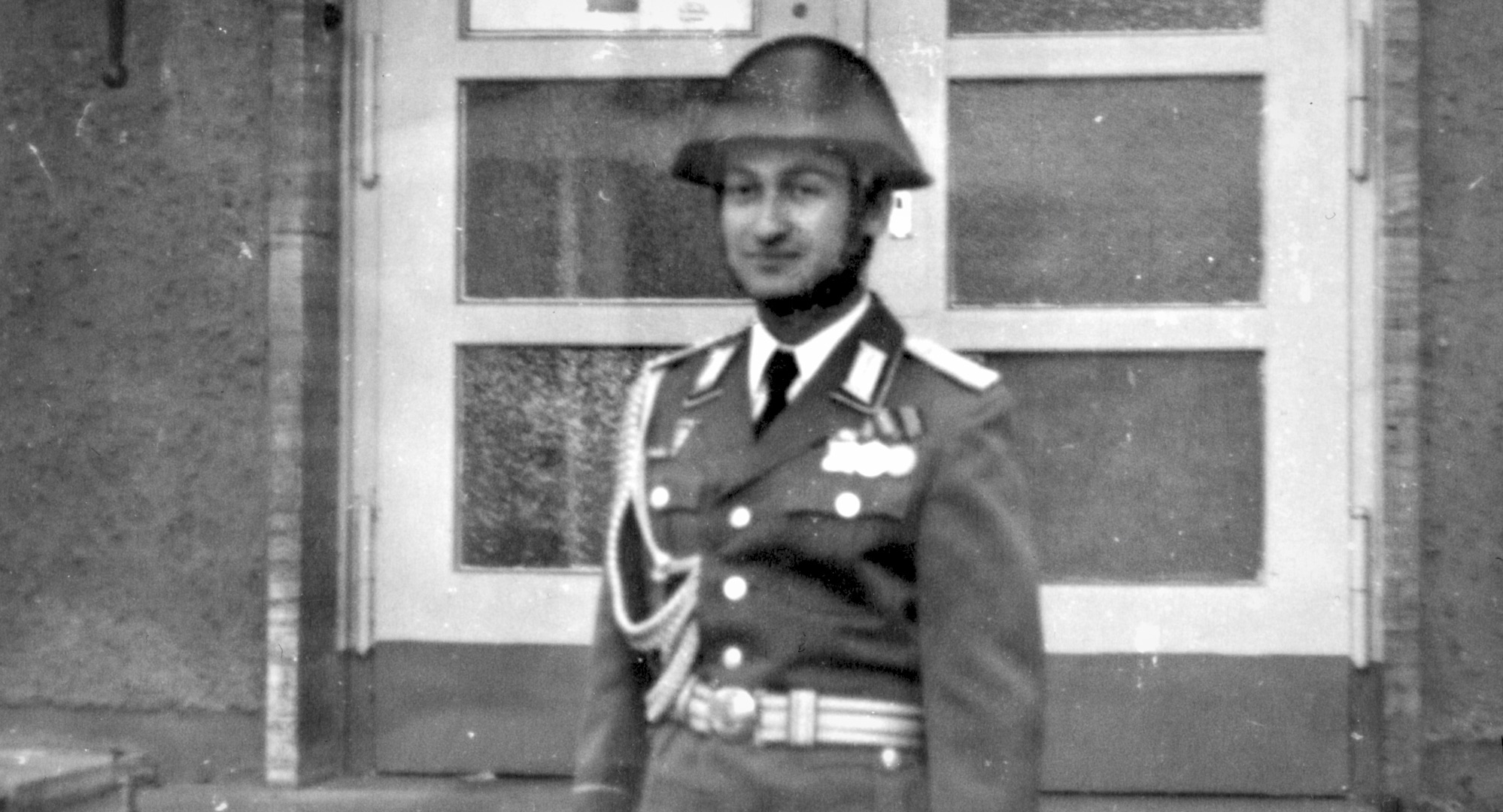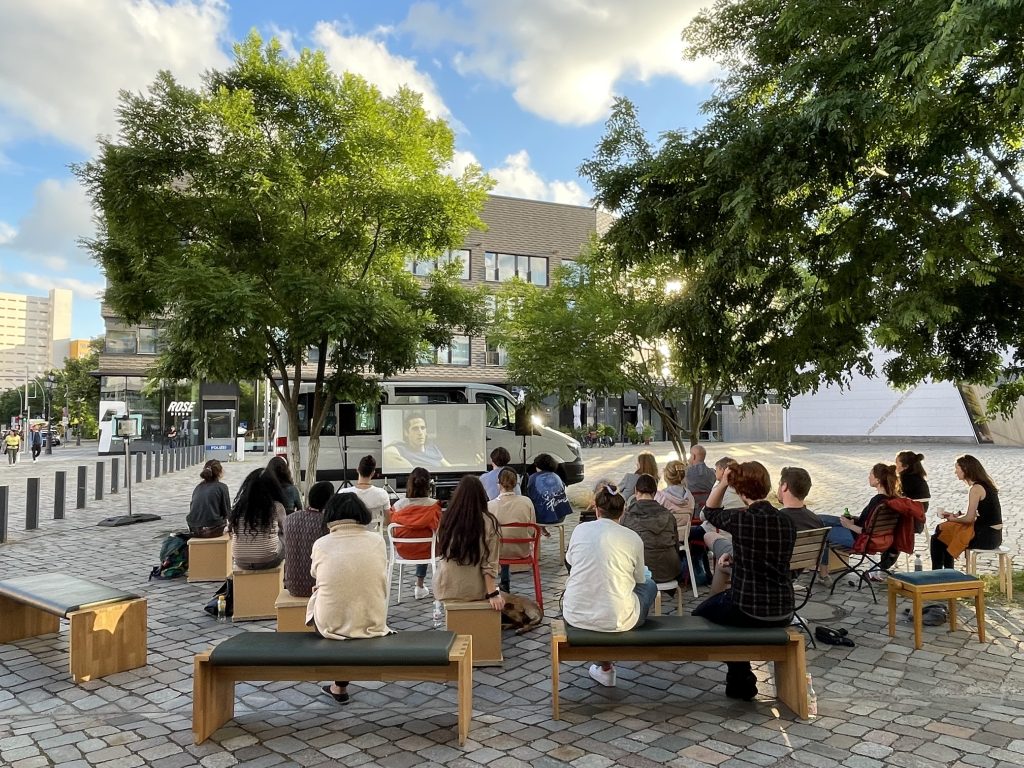A film by Esther Zimmering
One half of the family built socialist kibbutzim; the other half built the GDR. The members of Esther Zimmering’s family had not lost their lives in the Shoa, nor did they lose their socialist ideals. After the fall of the Berlin Wall, Esther Zimmering gets to know not only her unknown relatives, but also the world of the Zionists. What is left of the opposing ideas of her ancestors? A search for Esther’s own identity and her roots.




Three generations – Three cinematic levels
»Most of my family was murdered in Auschwitz, Riga and Theresienstadt. The only two survivors, Lizzi and Lore, built new lives after the Holocaust in two completely different parts of the world. They married politically active men, started families, and helped rebuild their respective home countries. It was the time of the Cold War. The cousins suddenly found themselves on opposite sides of the wall between two hostile systems. My grandparents told very little about the miracle of survival and the cruelty of what they had experienced – and their children did not ask about it. It is a well-known phenomenon that only the grandchild generation asks questions about the past. I am the grandchild generation. And I ask questions of all three generations.«
»In a first plot level, the film looks at Lizzi and Lore’s youth in Berlin, their emigration and new beginnings in Palestine and East Germany. In a second plot level, the film looks at the lives of my living relatives, the parents’ generation, in the GDR and in Israel. The first meeting of the two branches of the family after the end of the war did not take place until 1958 between my grandmother and her cousin. In the third plot level, the film deals with the time after the fall of the Wall in 1989. My family has now been reunited.
My father and I start searching for our Jewish roots as we now have all the possibilities at our disposal: travel to the sites of the Zimmering past, access to archives, freedom to pursue our own interests and make new contacts. Looking back, how does my father see his youth in the GDR and how did he see himself as a Jewish person there?«
Open Air Cinema in front of the Jewish Museum Berlin
